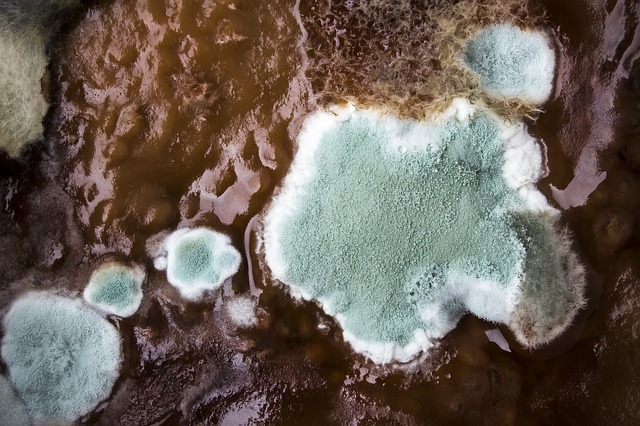Five things NOT to do when you have a mold problem
If you discover a mold problem, there are certainly some things you shouldn’t do. To ensure a safe and efficient mold removal, contact professionals!
If you suspect there’s mold in your home, you might be tempted to try and tackle it on your own, thinking that’s the most cost-efficient and time-effective approach. However, even though there are many things safe to fix on your own, cleaning mold is certainly not one of them. In fact, attempting to remove mold by yourself can actually cause more harm than good.
Finding Mold in the Home
The following are five things you should NOT do if you find mold in your home:
- Do NOT attempt to clean mold using a normal vacuum. A mold spore is extremely small and will go right through a typical vacuum filter. When working with mold, use a HEPA vacuum. These vacuums are able to collect 99.9 percent of particles larger than 0.3 microns in size and trap them in their filters. Using a HEPA vacuum will also help prevent cross-contamination with other areas of your home.
- Do NOT remove mold without setting up proper containment. When removing contaminated materials, it is necessary to contain the affected area in order to protect the rest of your home from possible spreading of the mold spores. The area must be properly sealed and the HVAC system should be turned off. The logic behind this is that handling moldy materials disturbs resting mold spores, which then become airborne and are more easily inhaled.
- Do NOT handle mold without personal protective equipment. When mold is agitated during a remediation project or demolition, it becomes airborne. To minimize your chances of inhaling potentially harmful mold spores, always wear a face mask or a respirator. This is particularly important as, during a demolition or mold removal, you are typically breathing heavily, which can increase the amount of mold you inhale. It is also a good idea to wear coveralls and gloves to avoid touching coming into contact with mold. The safest route is contacting the professionals with the best, most reliable equipment in the industry.
- Do NOT use bleach to clean mold. The majority of people believe that bleach is a great cleaning agent. While this may be true for bacteria and viruses, bleach is not as effective for cleaning mold. This is because bleach can only kill surface mold, not the mold growing deep within the material. Moreover, because of its harshness, bleach may actually damage whatever surface you’re trying to clean. If you’re looking for an effective but eco-friendly way to clean mold, there are plenty of anti-fungal cleaning products available on the market today. Or, for an all-natural approach, you can even try a solution of vinegar and water.
- Do NOT ignore a mold problem. Ignoring mold growth, big or small, is one of the worst things you can do. The longer you let mold grow, the greater the damage done to your property and the higher the cost to repair it. The best thing you can do is to call a mold remediation professional, who will be able to handle your mold problem with expertise, care, and the right equipment.
Prevent Mold and Protect Your Health
Regardless of how healthy you are or feel that you are, it’s not possible to completely escape or bypass the negative effects that long-time exposure to mold has on your health.
Many professionals in the field of environmental medicine, peer-reviewed literature on the topic, and victims of mold exposure themselves encourage prevention or, in other words, demand action.
Do your part to ensure mold doesn’t have the opportunity to grow and continue to produce deadly volatile organic compounds or toxins in your home. Do your part to prevent permanent injury from chronic exposure.
The debate over mold in your home and your health
Considering there’s an ongoing debate over a causal relationship between mold and symptoms associated with exposure to mold, families chronically affected by mold are left with unanswered questions and they’re shelling out their dollars for what may or may not help them on their journey back to health. Insurance plans neither recognize environmental illness, like mold, nor advocate for your child if the state of his or her health suffers as a result of the environment.
The debate over mold in your home and remediation
If there is, in fact, a mold problem developing in your home, proper remediation also invites debate, as there are no government guidelines dictating how professionals must clean, to ensure your home is left safe when the job is declared finished. Unfortunately, for many, this controversy lends way to disbelief and lack of action, when in fact, action is exactly what everyone must do to prevent mold growing out of control in your home or workplace.

